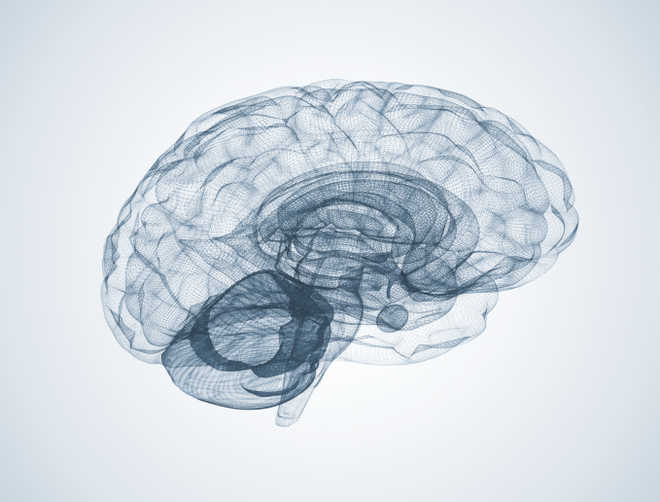
Photo source: Thinkstock
Washington
Witnessing fear in others may change how information flows in the brain, a new study has found which may help understand how post-traumatic stress disorder (PTSD) is caused.
PTSD is an anxiety disorder that can develop in some people after they experience a shocking, scary or dangerous event, according to the National Institute of Mental Health.
Most people who live through dangerous events do not develop the disorder, but about seven or eight out of every 100 people will experience PTSD at some point in their lives, researchers said.
"Negative emotional experience leaves a trace in the brain, which makes us more vulnerable," said Alexei Morozov, assistant professor at the Virginia Tech Carilion Research Institute in the US.
“Traumatic experiences, even those without physical pain, are a risk factor for mental disorders," said Morozov. "PTSD doesn't stop at direct victims of illness, injury, or a terrorist attack; it can also affect their loved ones, caregivers, even bystanders — the people who witness or learn about others' suffering," said Morozov.
In previous studies, researchers found that rodents who witnessed stress in their counterparts but did not experience it firsthand formed stronger than normal memories of their own fear experiences — a behavioral trait relevant to some humans who experience traumatic stress.
Based on these findings, they studied whether the part of the brain responsible for empathising with others, called the prefrontal cortex, physically changes after witnessing fear in another.
They measured transmission through inhibitory synapses that regulate strength of the signals arriving in the prefrontal cortex from other parts of the brain in mice who had witnessed a stressful event in another mouse.
"Observational fear physically redistributes the flow of information. And this redistribution is achieved by stress, not just observed, but communicated through social cues, such as body language, sound and smell," said Morozov.
According to Morozov, this shift may potentially enable more communications via the synapses in the deep cellular layers of the cerebral cortex, but less so in the superficial ones.
It is not yet clear exactly how the circuits have altered, only that they have indeed changed.
"Once we understand the mechanism of this change in the brain in the person who has these experiences, we could potentially know how something like post-traumatic stress disorder is caused," said Morozov. — PTI



























